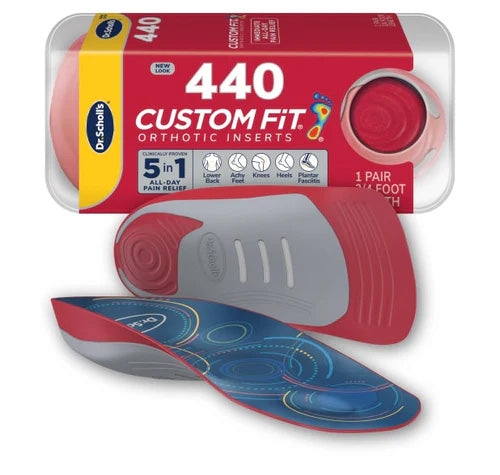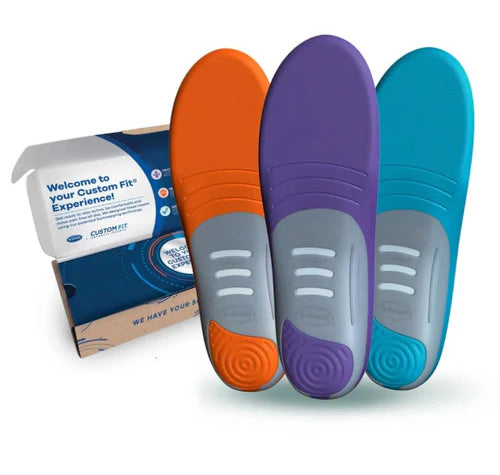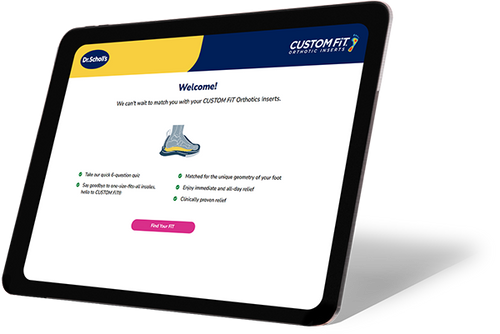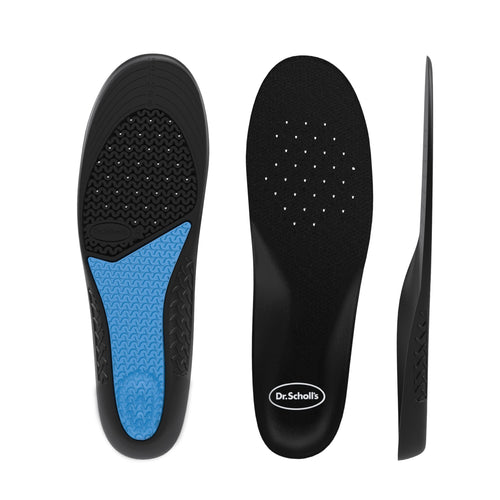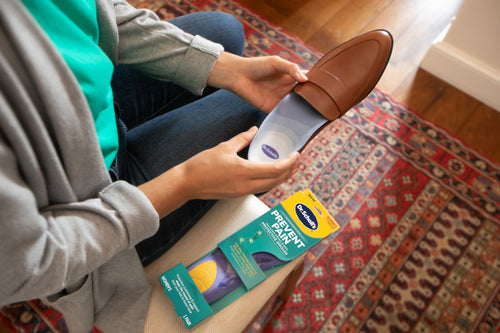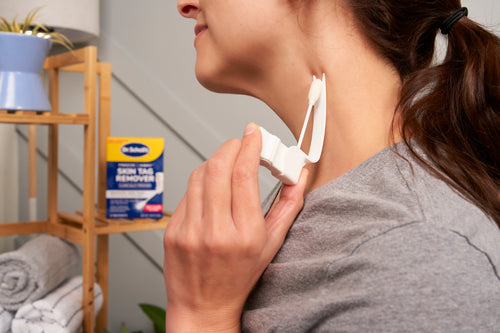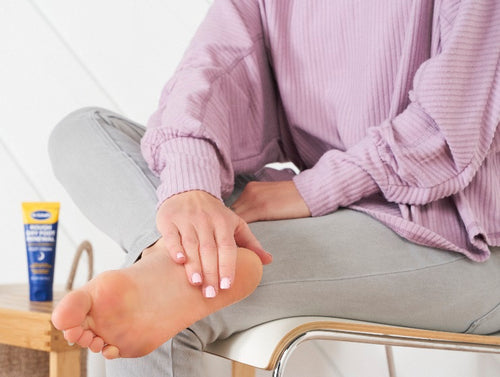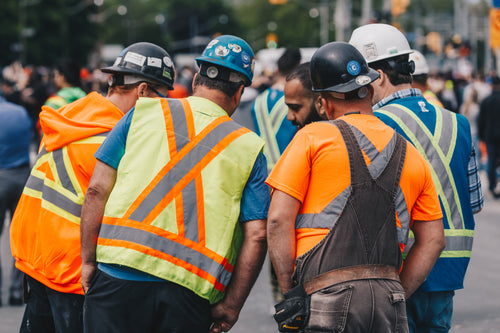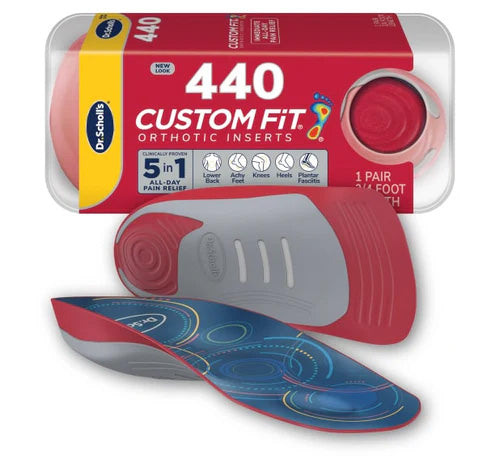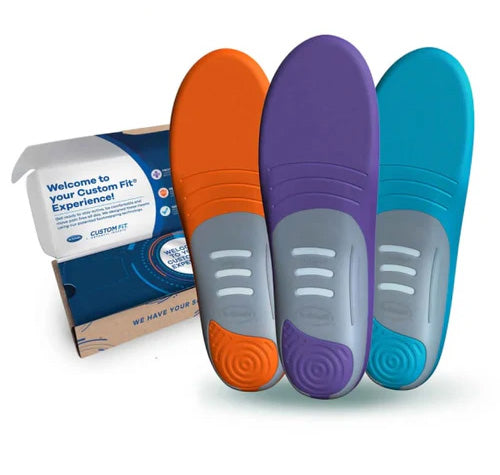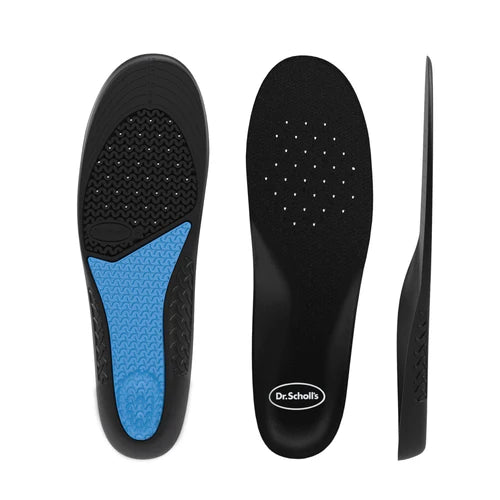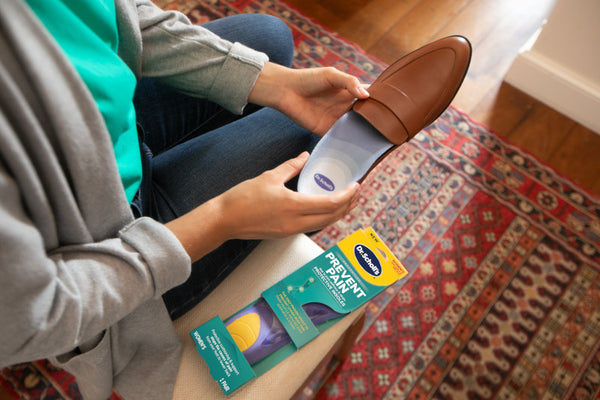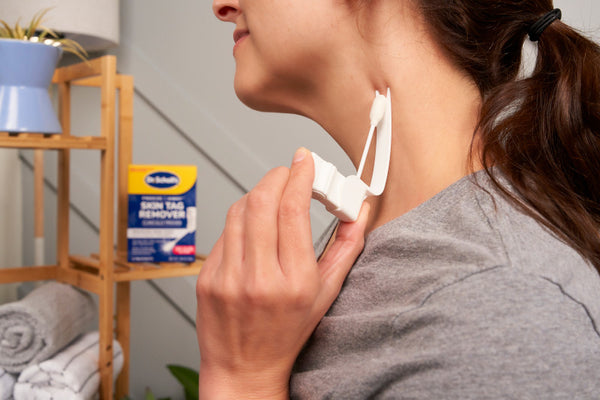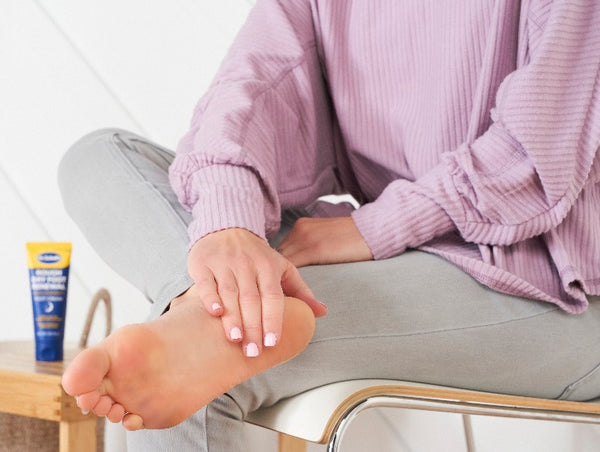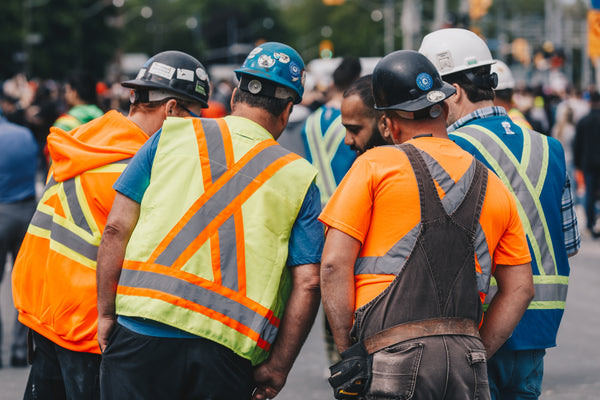As the name implies, muscle fatigue is the name for a broad condition in which your feet or legs feel sore, achy or just tired. While not a medical condition onto itself, this symptom is a common ailment among our population. It may not be anything serious, but experiencing muscle fatigue can make it difficult to fully live the busy life you want to live.
Muscle fatigue may be associated with several other symptoms, including swelling, soreness, or a general achiness. If you are experiencing leg fatigue, you may find it challenging to spend time on your feet.

